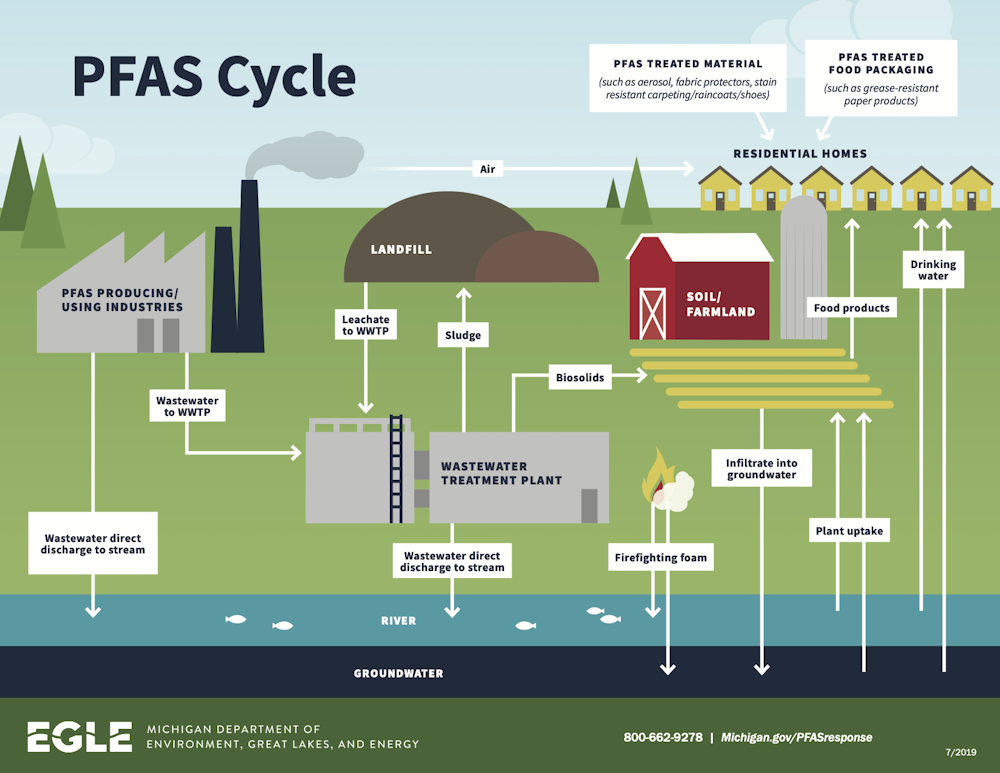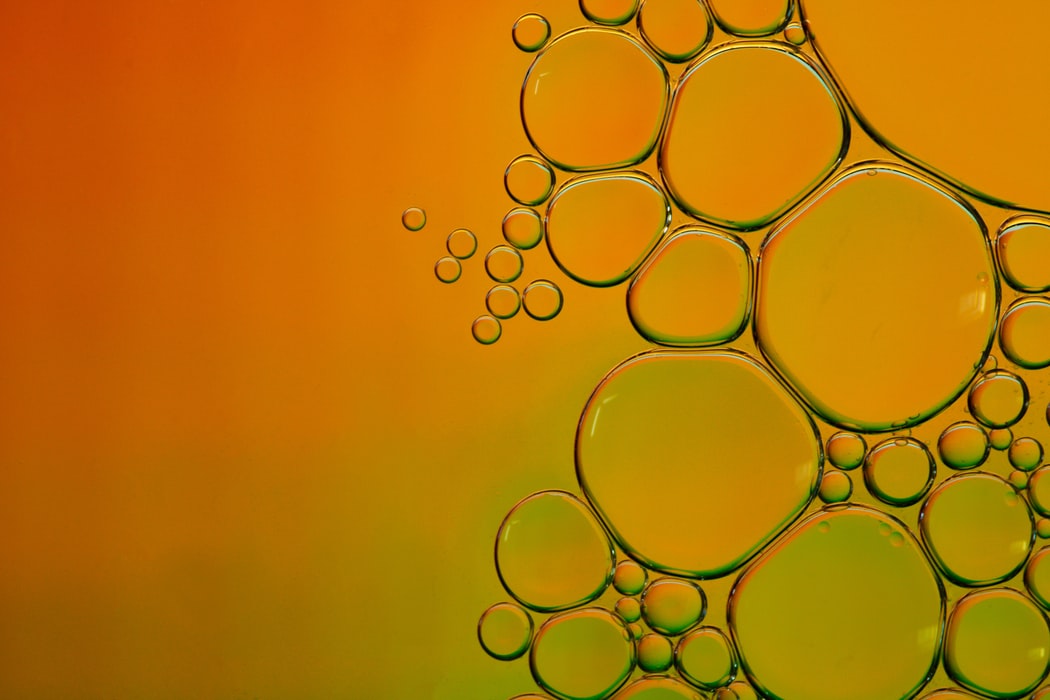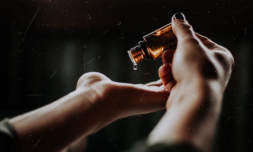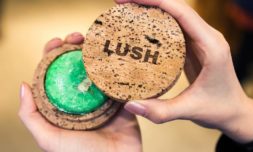Researchers have found signs of toxic per- and polyfluoroalkyl substances that can cause lasting damage to health and the environment in more than half of 231 product samples.
When shopping for cosmetics, it’s pretty standard to see a lengthy list of ingredients on almost every item, but a recent study has uncovered that some of those listed might be more dangerous than you’d expect.
PFAS (which stands for per- and polyfluoroalkyl substances often used in the manufacture of food packaging, clothing, and stain resistant) are notorious for how toxic they can be in small doses, linked to widespread health and environmental issues.
Now, they’ve been found in more than half of 231 products produced by major beauty brands including L’Oréal, Mac, Clinique, Maybelline, Nars, and Estée Lauder (to name a few).
Known as ‘forever chemicals’ because of how long they persist in both our bodies and the planet, PFAS don’t break down naturally. Instead, they accumulate over time, wreaking havoc on our wellbeing and bringing us ever-closer to the brink of climate destruction.

Though fashion has long been at the forefront of our concerns regarding problematic waste build-up (the clothes and accessories we obsess over and promptly forget about can take decades and sometimes even centuries to decompose) the recent discovery has raised alarm bells among experts.
The peer-reviewed analysis, published in Environmental Science & Technology, detected ‘high’ levels of organic fluorine – an indicator of PFAS – in a staggering amount of tested samples from waterproof mascara (82%) and eyeliner to foundation (63%) and liquid lipstick (63%).
Exposure to PFAS, which are highly mobile and can be absorbed through the skin, by tear ducts, or ingested, is able to impair the immune system, increase levels of cholesterol as well as the risk of kidney and testicular cancer, and cause high blood pressure or preeclampsia in pregnancy
For this reason, it’s understandable why researchers are so disturbed by the findings.





















